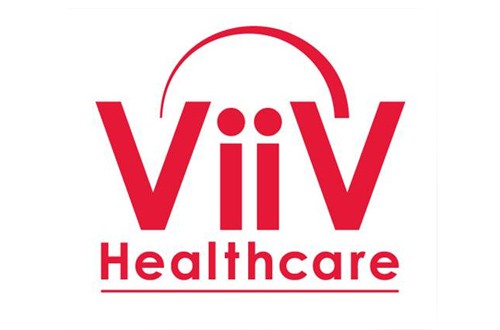
ViiV Healthcare’s much-touted HIV therapy Tivicay has been given a green light by the US FDA, marking the first new drug approval for the joint venture.
Tivicay (dolutegravir) is an integrase inhibitor that blocks the integration of virus DNA into human DNA, and has been cleared intended for use in combination with other antiretroviral agents in adults and children aged 12 years and older weighing at least 40kg.
ViiV was formed as an HIV-focused joint venture between GlaxoSmithKline and Pfizer in 2009 and welcomed Shionogi – the originator of dolutegravir – as a partner last year.
Anticipation for the availability of Tivicay has grown since promising data from the SINGLE trial were reported last July suggesting that the drug is superior to Gilead Sciences’ $3.6bn product Atripla (efavirenz/emtricitabine/tenofovir) when given alongside Ziagen (abacavir) and Zeffix (lamivudine).
The FDA had fast-tracked Tivicay and approved the drug on the back of several phase III trials, including one that compared a once-daily dose of ViiV’s drug to a twice-daily treatment with rival integrase inhibitor Isentress (raltegravir) from Merck & Co and found they were equivalent in previously-untreated HIV patients.
The SAILING study found that Tivicay was more effective than Isentress in suppressing viral load in patients who had failed prior non-integrase inhibitor-based antiretroviral therapy, while VIKING-3 looked at twice-daily dosing with ViiV’s drug in patients with resistant HIV infections.
Tivicay is the third integrase inhibitor to reach the market after Isentress and Gilead’s elvitegravir, which is sold as a fixed-dose combination called Stribild that also contains cobicistat, emtricitabine and tenofovir. Gilead’s application to sell elvitegravir as a single-agent tablet was turned down by the FDA in April on procedural grounds.
Sales of Isentress were $775m in the first six months of the year, while Stribild pulled in first-half revenues of $191m after being introduced in the US in late 2012 and has been tipped to become a $2bn-plus product at peak.
The performance of Tivicay in the market will depend on whether the solid efficacy data will help overcome its late entry into the market versus its competitors, and some analysts are confident this will be the case, with estimates ranging from $2bn to as much as $5bn.




